Lime Sulphur controls a range of fungal diseases and pests on fruit trees, grapes, vegetables and ornamentals. Overwintering pests and diseases can be controlled rapidly on contact by Lime Sulphur. Lime Sulphur is an insecticide for the control of certain diseases, insects and mites on citrus, grapevines, ornamentals, pome, stone fruits and vegetables. It is readily miscible in water and should be used on the same day as it is mixed.
This Product Controls These Pests or Diseases: Anthracnose, Aphids, Assorted Blights, Black Knot, Blotches, Leaf Curl, Leaf Spots, Mealybugs, Mites, Monilinia spp., Peach Twig Borer, Powdery Mildew, Rots, Scab, Scale Insects, Shothole, Stem Canker, Thrips and more.
INGREDIENTS:
Polysulphide Sulfur 320 g/l
USAGE:
Some fruits and other plants are susceptible to injury from sulfur under certain climatic conditions. The user is advised not to use sulfur on any crop unless local use has proved that sulfur does not damage crops in that locality.
Do not mix Brandt Lime Sulfur with acids or phosphate fertilizer products. Deadly and potentially extremely flammable hydrogen sulfide gas may be emitted.
USE RESTRICTIONS:
- Not for residential use or application to residential sites. This product may not be used in, on, or around any structure, vehicle, article, surface or area associated with the household, including non-agricultural outbuildings, non-commercial greenhouses, pleasure boats and recreational vehicles, in or around any preschool or day care facility or on humans or pets.
- Do not apply, or allow to drift, to painted surfaces as a permanent stain may result.
- Do not combine with other pesticides unless previous experience has shown them to be compatible.
- Do not apply this product through any type of irrigation system.
- Do not use this product for crop thinning.
- Do not apply more than 30 gallons of this product/acre/year to any crop listed on this label.
USE PRECAUTIONS:
- Do not use this product within 30 days of an oil spray at any stage other than dormant (deciduous only) unless prior experience in your immediate area has shown that shorter intervals will not result in phytotoxic injury.
- This product may burn foliage when temperature is high; avoid applying this material during very hot periods of the day (above 30°C).
Environment: This pesticide is toxic to fish. Drift may be hazardous to aquatic organisms in water adjacent to treated areas. Do not apply directly to water, or to areas where surface water is present or to intertidal areas below the mean high water mark. Do not contaminate water when disposing of equipment washwater or rinsate.
Storage: Do not contaminate water, food, or feed by storage and disposal. Keep pesticide in original container. Keep container tightly closed when not in use. If a crust should form on the surface, break through the crust so product will pour. Store product in a secure locked place, inaccessible to children, pets and livestock. Do not put concentrate or dilute into food or drink containers. Keep container in the shade
FAQ – Lime sulfur on plants
Is lime sulfur safe for plants?
Lime sulfur is often combined with an oil, such as mineral oil, in order to increase its adhesion to the plant’s surface when it is used in dormant sprays for gardening. These horticultural oil sprays include a high concentration of lime sulfur, which means that they can only be used on dormant plants. This is because sulfur may cause burns to the leaf tissues of living plants.
How often do you spray lime sulfur?
During the growth season, you should mist the leaves of your rose plants with this solution once every ten to fifteen days. Make certain that the solvent has penetrated all of the visible leaves completely.
Can I spray roses with lime sulfur?
After roses have been pruned, lime sulfur may be sprayed on them as a winter spray. The concentration is 20 milliliters per liter of water, and it is sprayed over every area of the bush. Lime sulfur may also be used to control rust, two-spotted mites, and powdery mildew on roses throughout the Spring, Summer, and Autumn seasons; however, the rate that is needed to be applied is lower.
What plants are sulfur sensitive?
Sulfur may be utilized without risk on a wide range of plants, including those cultivated for consumption as well as those planted just for aesthetic purposes. Plants such as azaleas, lilacs, cedars, violets, hydrangeas, cosmos, sweet peas, and many more often benefit from its application.
Is lime sulfur poisonous to dogs?
The exact lethal doses are unknown but are likely to surpass 4 grams per kilogram. Lime-sulfur, which is a complex of sulfides, has the potential to cause irritation, blistering, and pain, but it almost never results in death.
Can you mix sulfur and neem oil?
Neem oil and sulfur together are hazardous to plants; you should wait 30 days before applying neem oil after using any items that include sulfur (such as for increasing the acidity of soil).

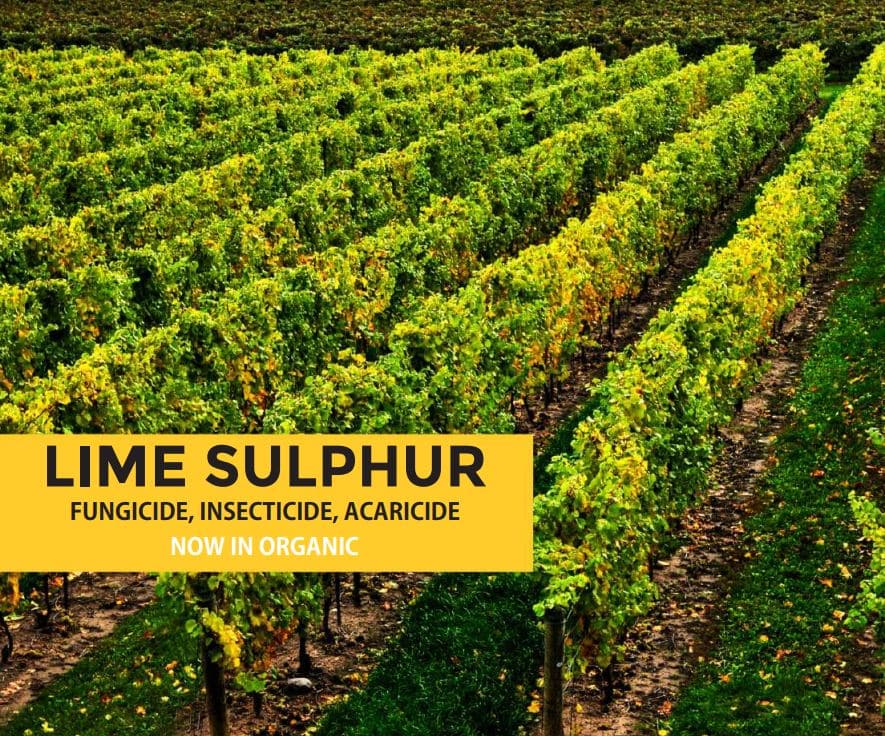
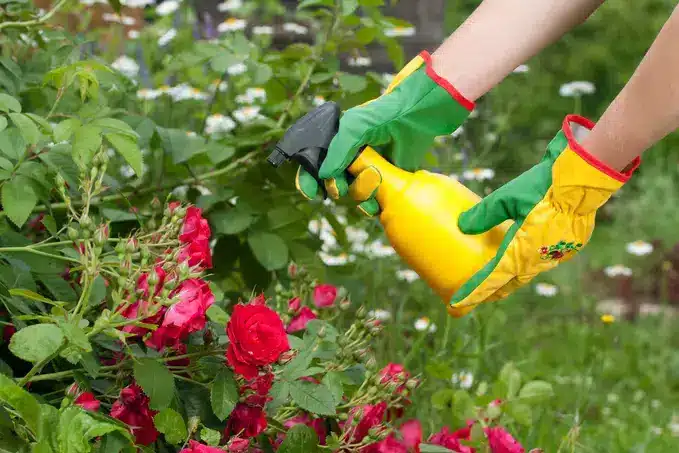
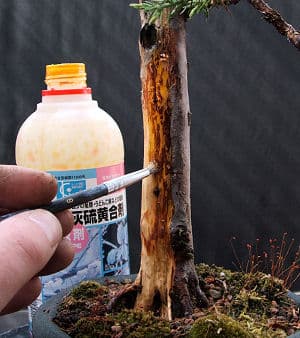
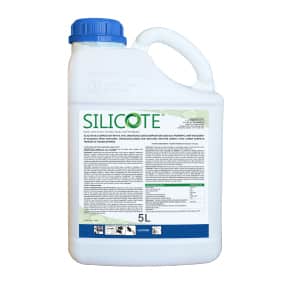

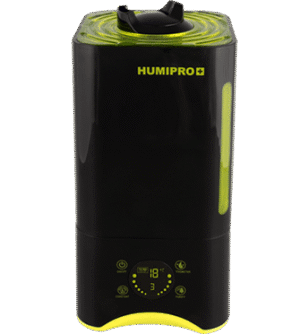
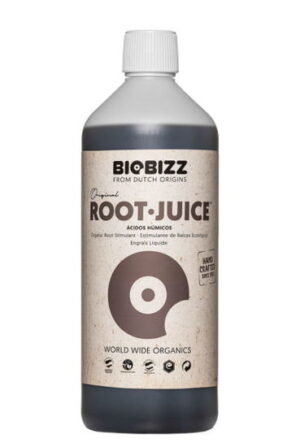
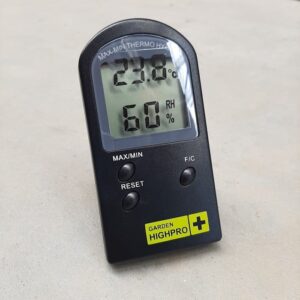
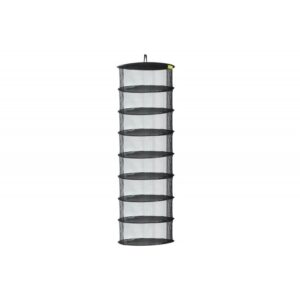
Reviews
There are no reviews yet.